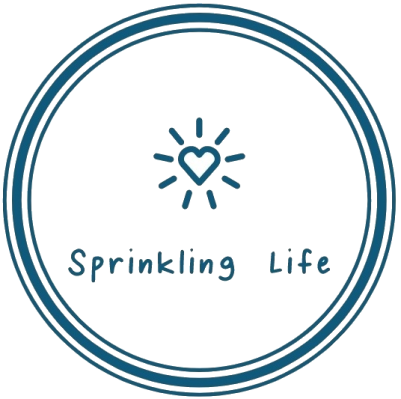It seems the whole of humanity is becoming impatient (yes, that’s too big a statement to make) and very few realize. Any information you need is just a Google search away, any news is just there waiting for you in your notification tray. One has forgotten how to wait. There is a sense of urgency to be the first one to upload a status regarding that India’s victory or be the first one to share that funny picture among one’s friends. There is always an unnecessary urge of being first, of bringing the most no. of likes, of getting noticed.
This hurry at times keeps us highly occupied, because the recognition doesn’t last, it melts away as soon as it comes, it keeps us wanting more and more like an unquenchable thirst. It keeps on scavenging. The only time we bear the patience is when we are in the theatre watching a movie, never otherwise.
I realize at times that people don’t like reading. In fact most of the people who have reached till here might not have read each and every word and understood its purpose. No, it’s not that I am forcing you but I just want to make you realize that its happening. We are growing impatient, which is not a good sign.
Do share your comments below 🙂
Its no harm if you could share this piece and spread the word…





